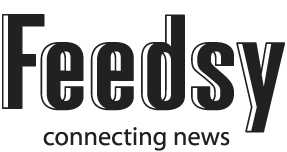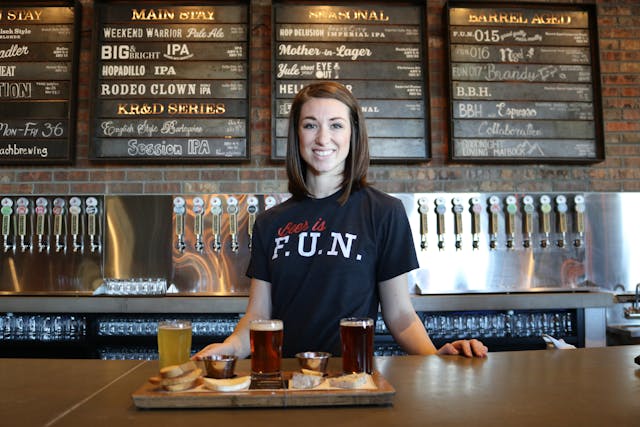The political bickering continues over a proposed housing policy as the Albanese government and the Greens each claim the other is holding up action on the crisis.
Labor will reintroduce legislation to set up its $10 billion Housing Australia Future Fund to the lower house this week, but a second vote will not be held until October.
The Greens and the coalition teamed up during the last parliamentary sitting period to push back the debate on the signature election pledge.
But the minor party will back the legislation in exchange for $2.5 billion annually for public housing, an agreement from national cabinet for a rent freeze and increased rights for tenants.
Greens housing spokesman Max Chandler-Mather said the federal government had “shamelessly” tried to turn it into a political fight rather than seeking a compromise.
He would be surprised if the government decided it wouldn’t negotiate and said he had sought a meeting with the housing minister.
“The ball is in the government’s court … Greens have been very clear about our willingness to negotiate,” Mr Chandler-Mathers told reporters in Canberra on Monday.
“But it takes two to tango and right now it seems the government would rather threaten early elections than cough up a few extra billion dollars for public housing and do something for renters in the middle of the worst housing crisis we’ve seen in generations.”
If the housing legislation fails twice within three months, the government will have the option of calling a double dissolution election.
But Prime Minister Anthony Albanese has ruled out a snap election in October if the government does not secure parliament’s support.
“There certainly won’t be an election in October,” Mr Albanese told ABC radio.
“I want this legislation to be passed. I want more housing to be built.
“I don’t want to play politics with this. I want to get this done. We have a mandate for it and the Senate should pass it.”
Under the housing fund, the government is aiming to build 30,000 homes in five years with $500 million spent on affordable and social housing each year.
Housing Minister Julie Collins said the coalition and Greens should remember the plan would provide homes to people who desperately needed them.
“Go out and talk to some of the people who are currently sitting on public housing waiting lists about what (the fund) will mean to them,” she said.
“Why are you standing in the way of getting more homes on the ground for Australians that need them most?”
Independent senator David Pocock said voters expected politicians to negotiate and come to an agreement on big policy issues such as housing.
Lower house independent MP Monique Ryan agreed Australians were sick of politicians bickering about housing instead of addressing the problem.
“What the crossbench would like is for the Greens and the government to come to a consensus, which will take immediate and effective action on increasing housing affordability and availability for those Australians who are really struggling,” she said.
Independent Kate Chaney said the government’s proposal was not enough to address demand, but at least it was a start.
“I would really like to see the government and the Greens stop bickering, get started and think about the longer term reforms we need in the housing market so we don’t end up in this situation again and again,” she said.
Tess Ikonomou and Maeve Bannister
(Australian Associated Press)






